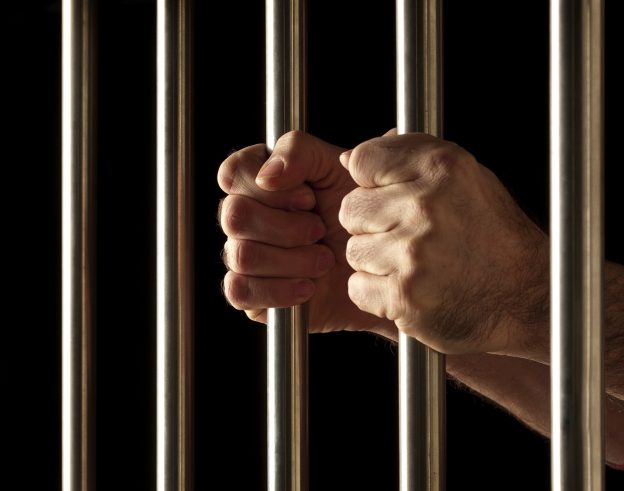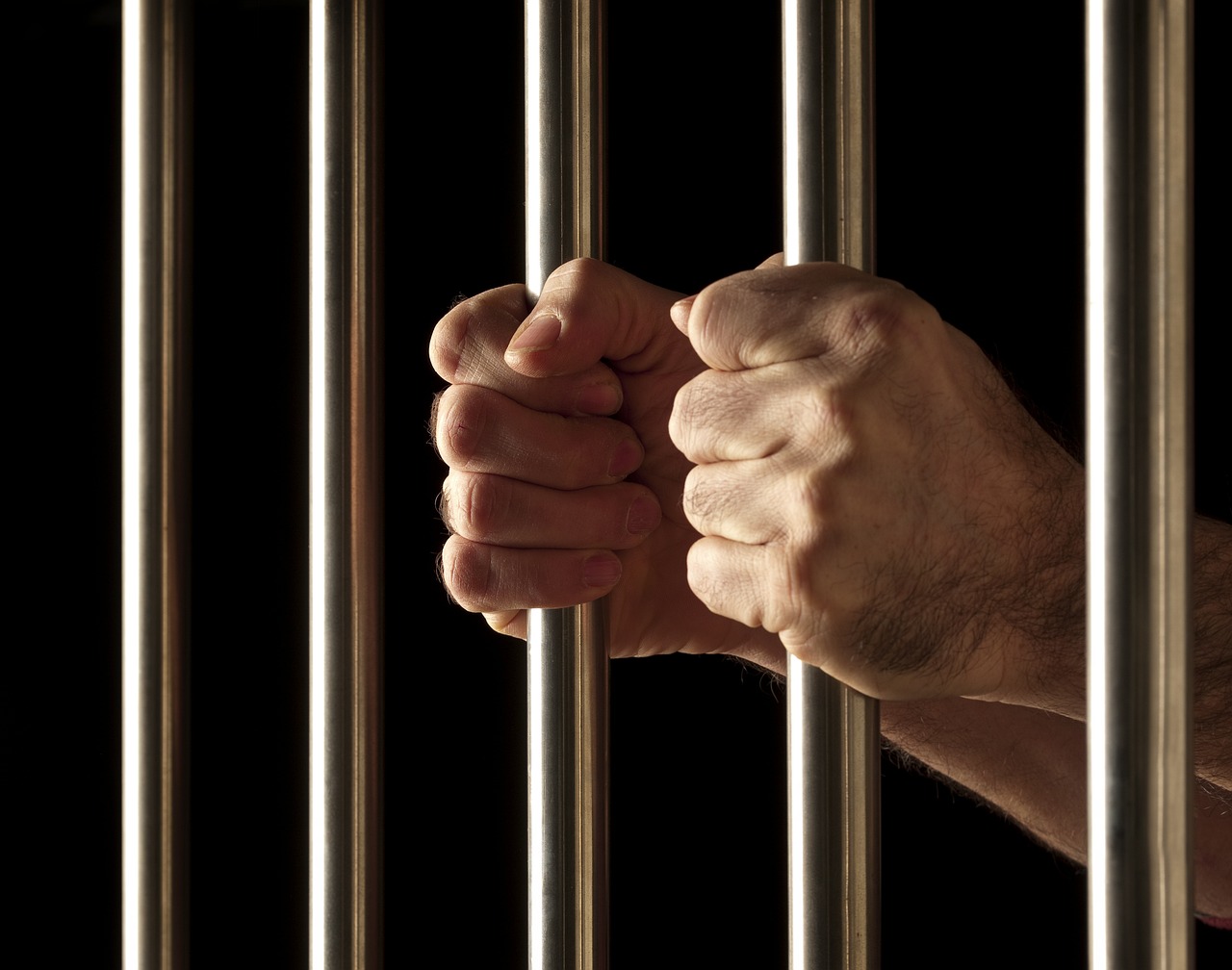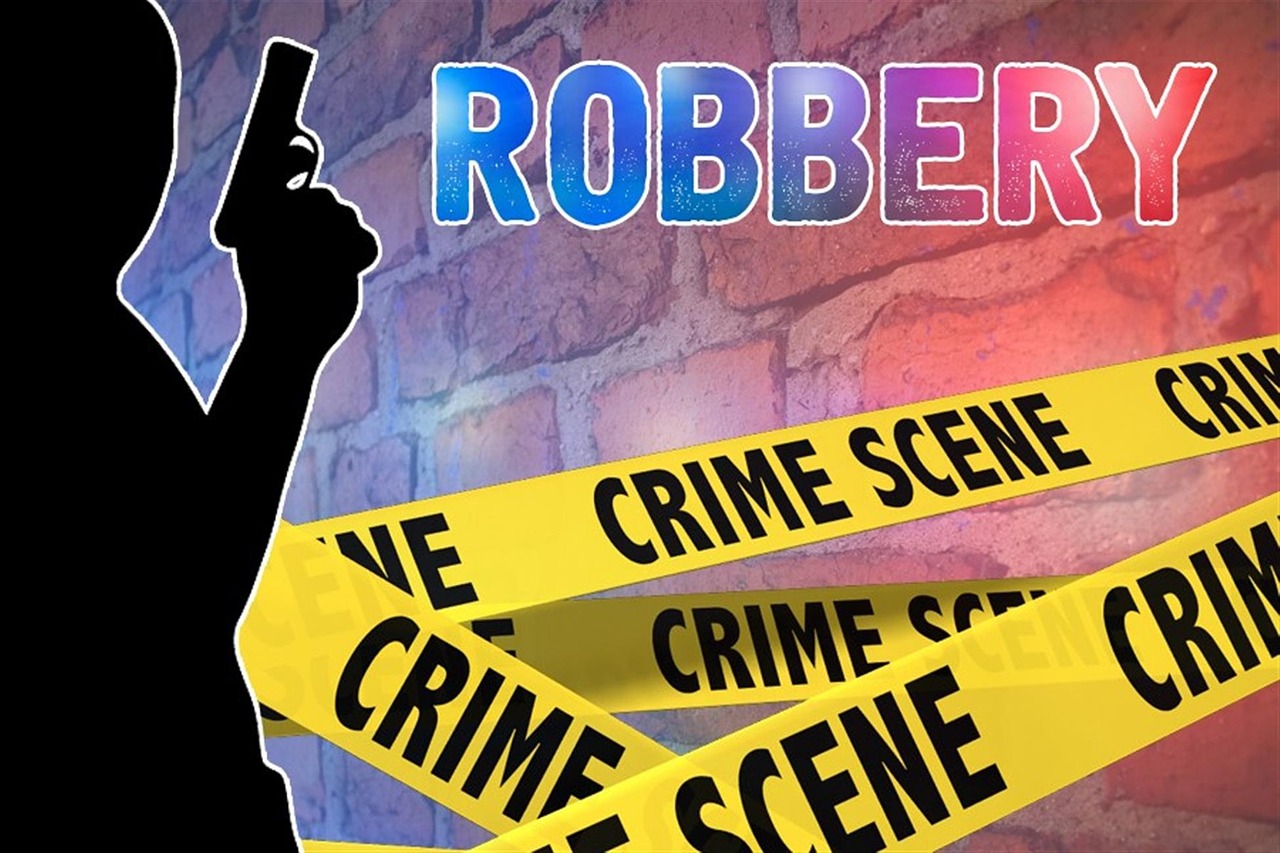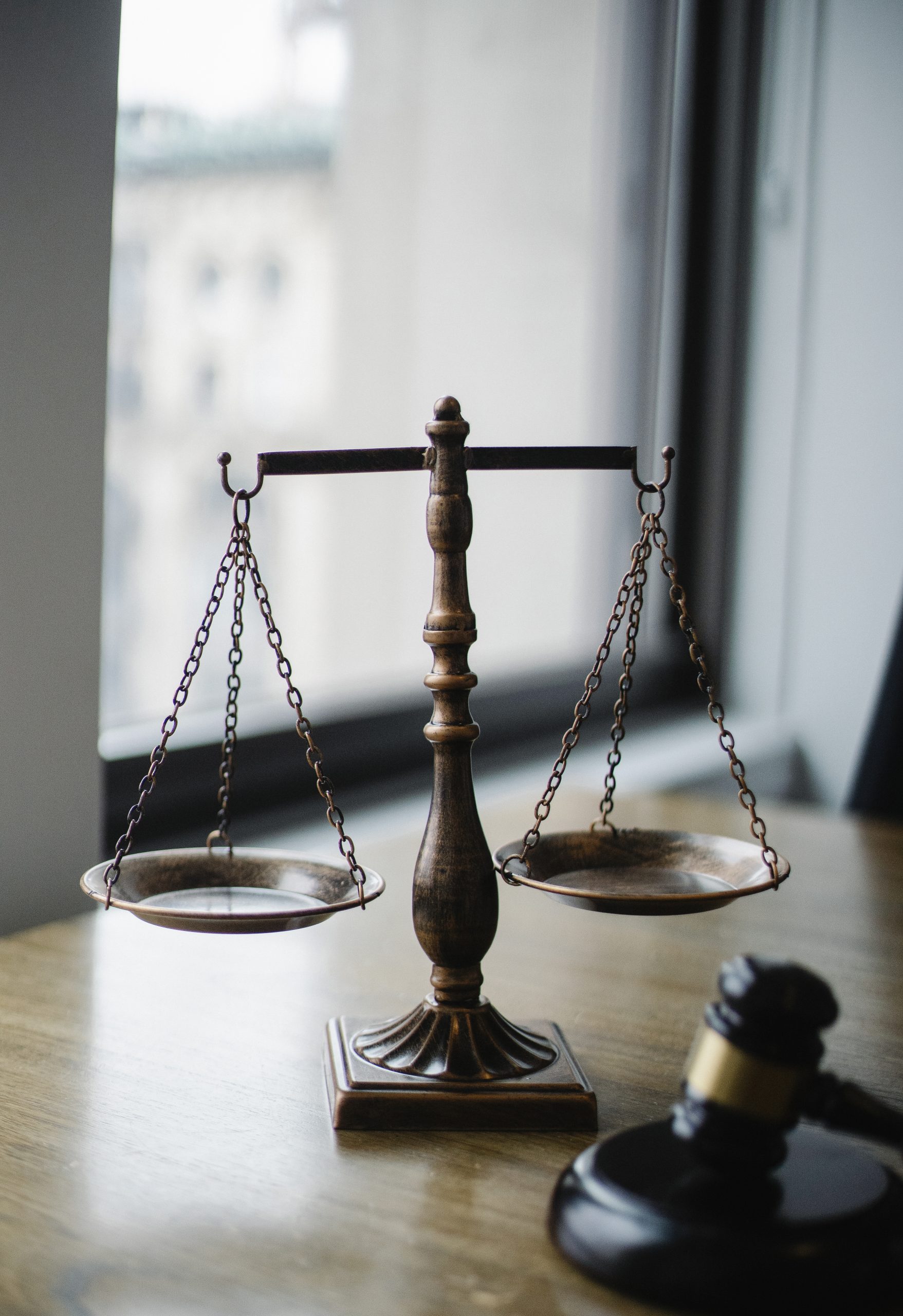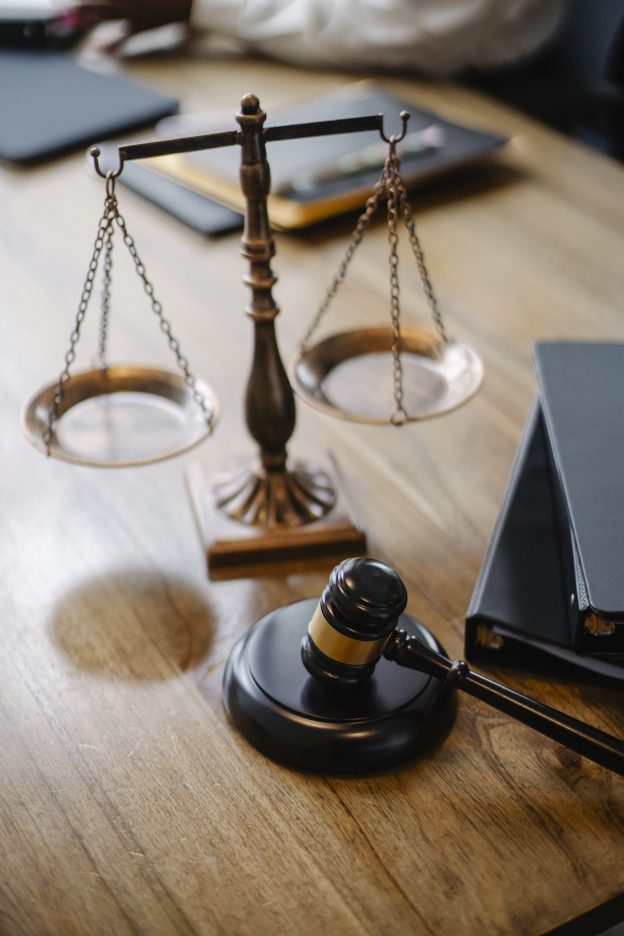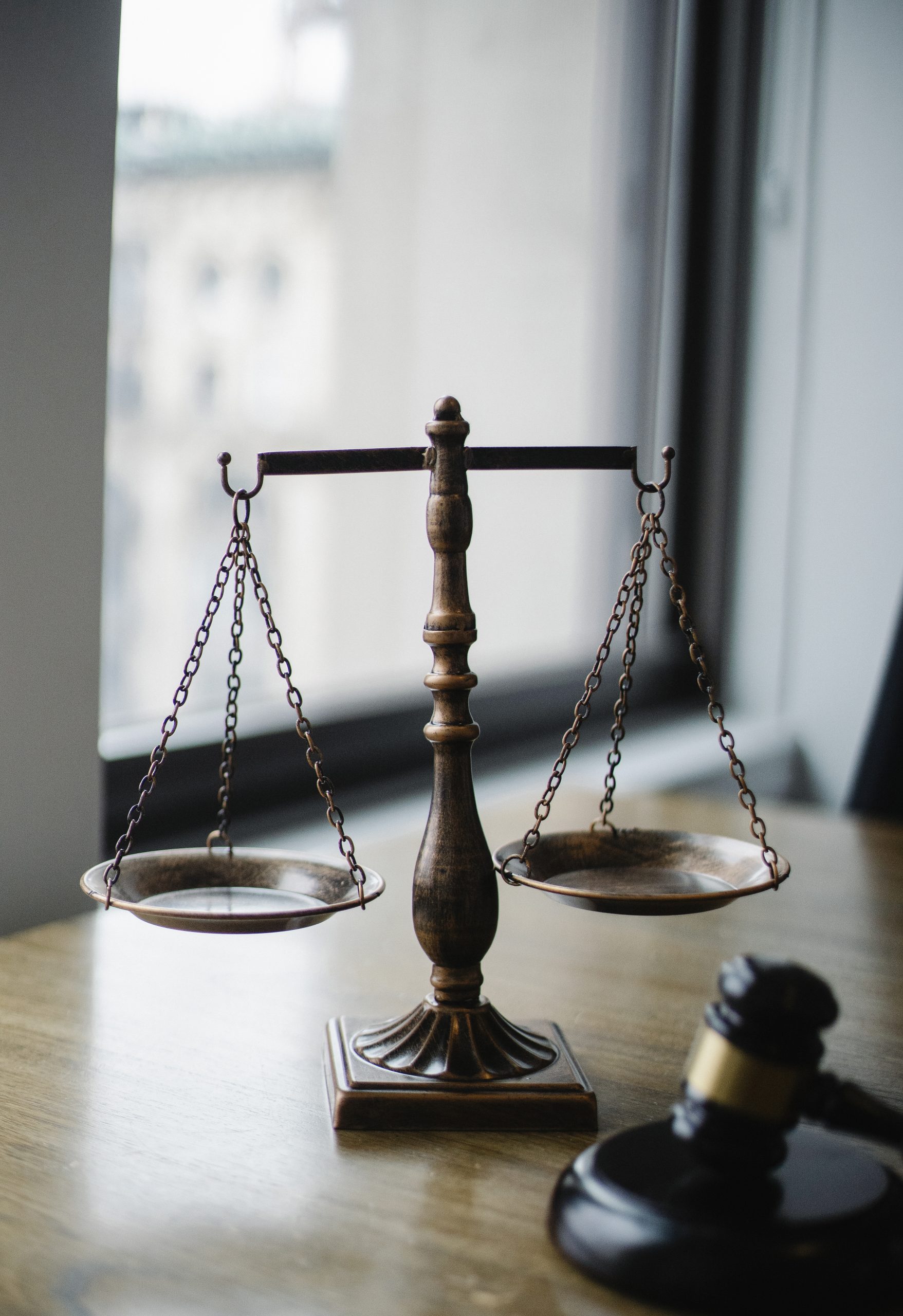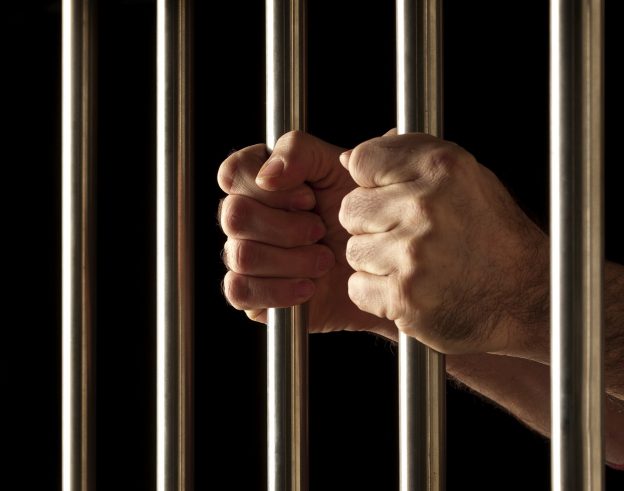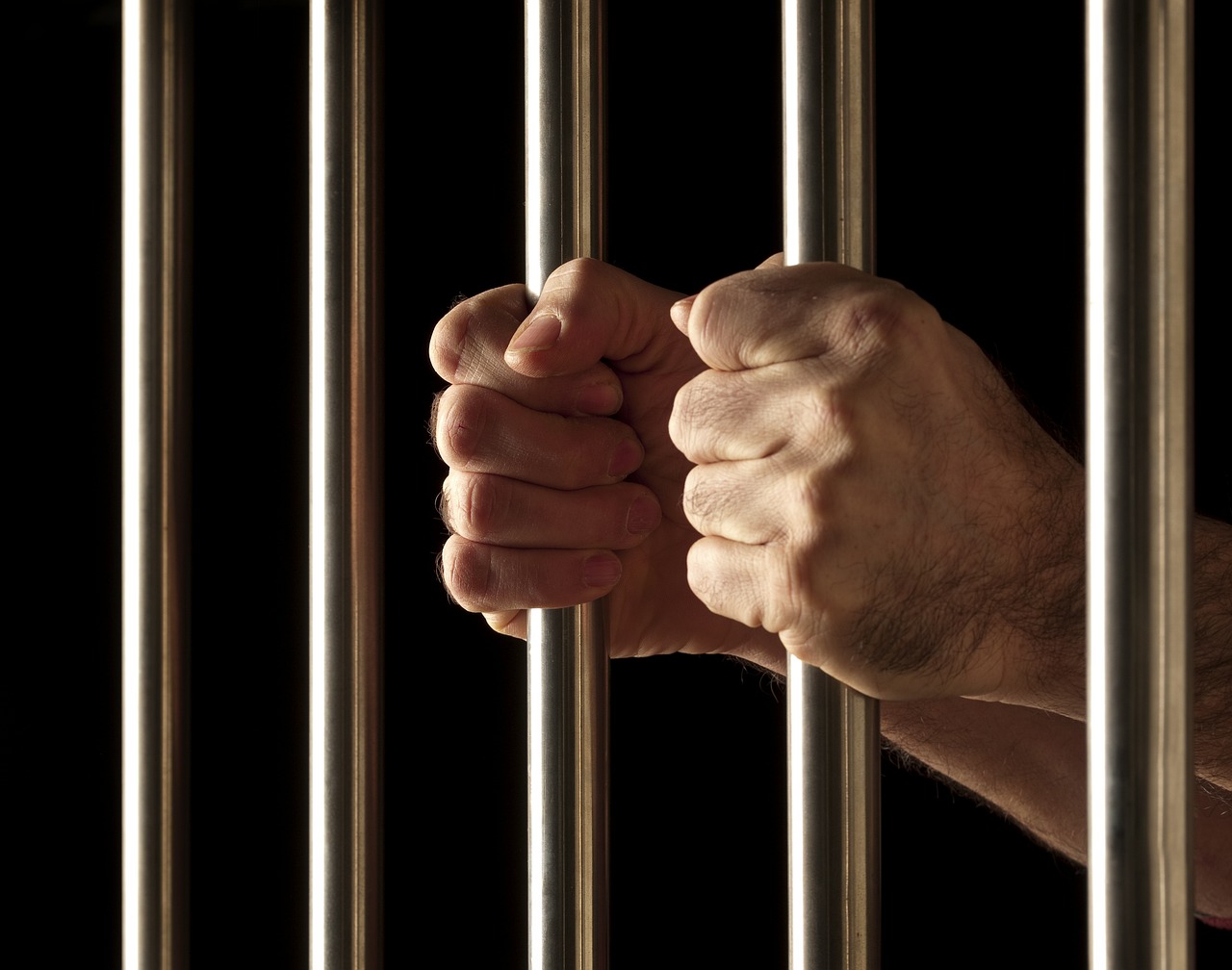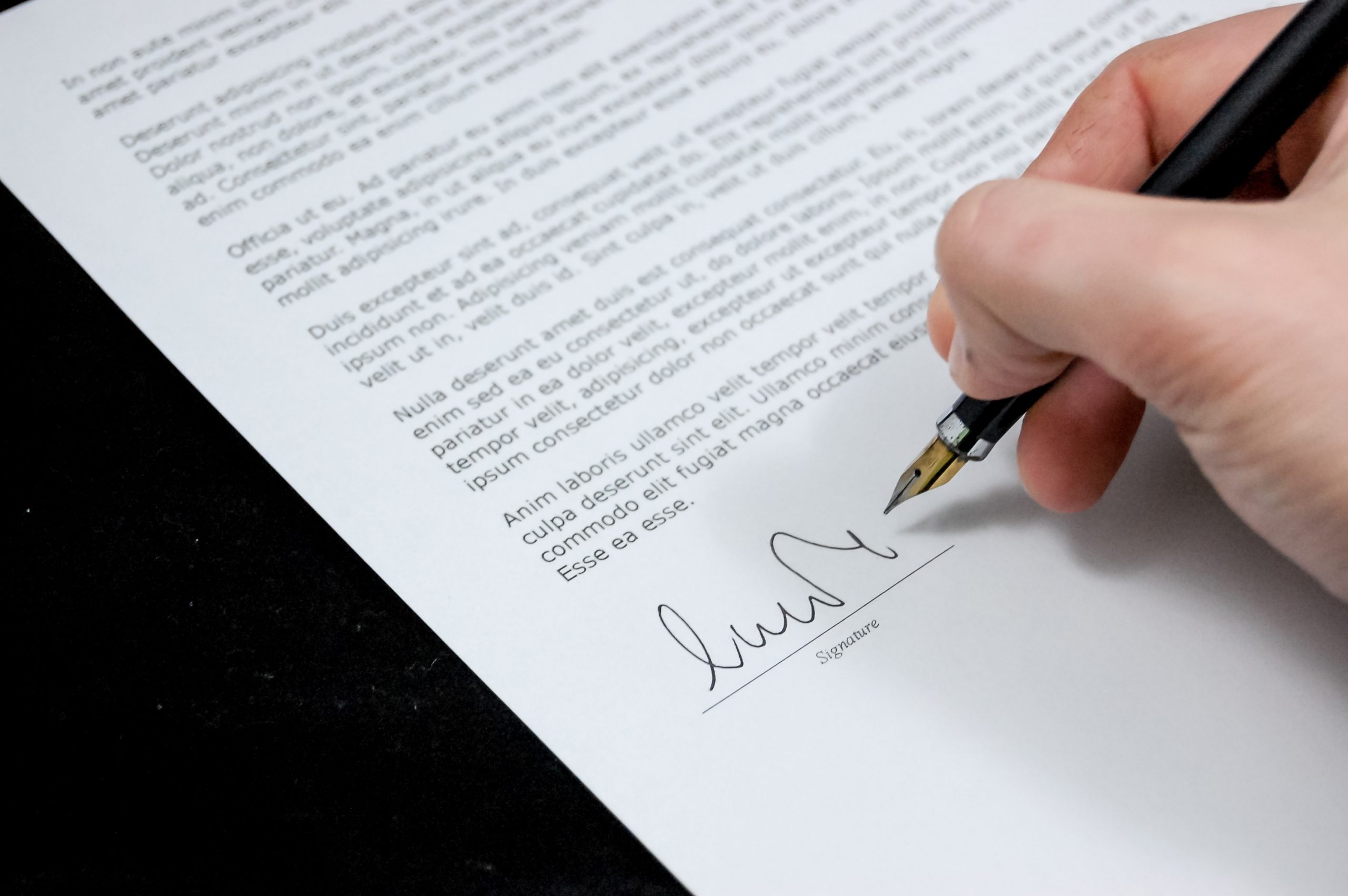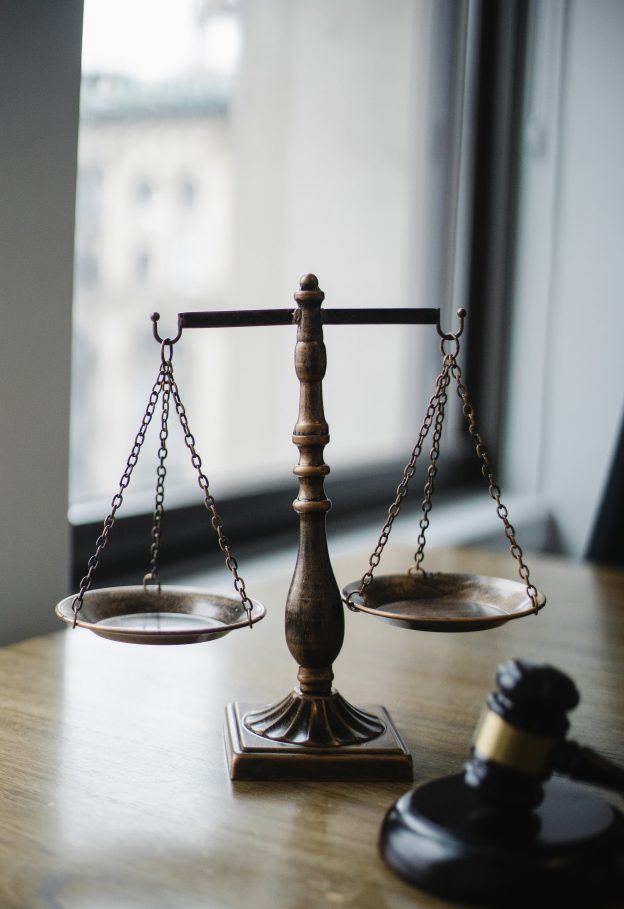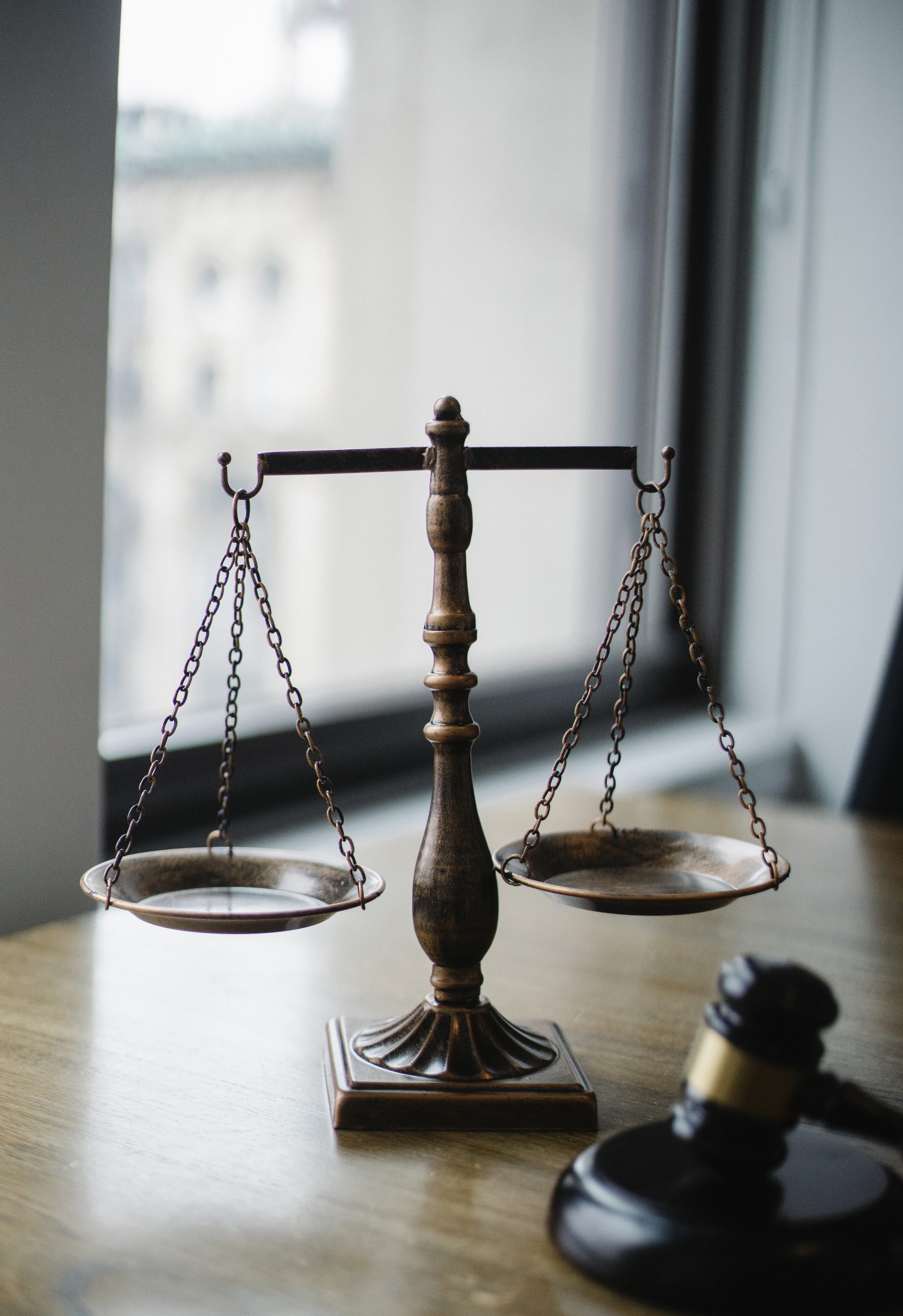When facing criminal charges in St. George, Utah, it is crucial to have a skilled and experienced criminal defense attorney by your side. The consequences of a criminal conviction can be severe, affecting your reputation, livelihood, and future. That’s where our criminal defense lawyer comes in. With a track record of success and a deep understanding of the local legal system, our attorney is dedicated to protecting your rights and fighting for the best possible outcome. Whether you are facing charges for DUI, drug offenses, theft, or any other criminal matter, our attorney is ready to provide you with the knowledgeable guidance and aggressive representation you need. Don’t face the complexities of the legal system alone – contact our criminal defense team today to arrange a consultation and let us fight for your freedom.
Understanding Criminal Defense Law
Criminal defense law is a branch of law that focuses on defending individuals or entities that have been accused of committing a crime. The primary goal of criminal defense law is to protect the rights of the accused and ensure that they receive a fair trial.
What is Criminal Defense Law?
Criminal defense law encompasses a wide range of legal practices and procedures aimed at defending those who are facing criminal charges. It involves analyzing the evidence against the accused, identifying legal violations, and building a strong defense strategy to counter the prosecution’s case.
The Role of a Criminal Defense Attorney
A criminal defense attorney is a legal professional who specializes in defending individuals or entities accused of committing a crime. Their role is to provide legal representation and guidance throughout the criminal justice process. They work closely with their clients, conducting thorough investigations, gathering evidence, and preparing a strong defense strategy.
The Importance of Hiring a Criminal Defense Attorney
Hiring a skilled criminal defense attorney is crucial when facing criminal charges. They have the knowledge, experience, and resources to navigate the complex legal system and protect your rights. A criminal defense attorney can assess the strength of the prosecution’s case, negotiate plea deals, and provide representation in court. They will work tirelessly to ensure the best possible outcome for their clients.
Common Types of Criminal Charges
There are numerous types of criminal charges that individuals can face. Some of the most common include:
- Assault and Battery: Charges related to physically harming another person.
- Driving Under the Influence (DUI): Charges related to operating a vehicle while under the influence of alcohol or drugs.
- Drug Crimes: Charges related to illegal possession, distribution, or manufacturing of controlled substances.
- Theft and Burglary: Charges related to the unlawful taking of another person’s property.
- White-Collar Crimes: Charges related to non-violent, financially motivated crimes such as fraud, embezzlement, or insider trading.
Each type of criminal charge carries its own set of legal implications, and it is essential to have a criminal defense attorney who possesses expertise in handling these specific types of cases.
Why Choose a Criminal Defense Attorney in St. George, Utah
When facing criminal charges in St. George, Utah, it is crucial to choose a criminal defense attorney with experience and expertise in the local legal system. Here are some reasons why you should consider hiring a St. George criminal defense attorney:
Experience in St. George Criminal Cases
A criminal defense attorney who is familiar with the local St. George court system and has experience handling cases in the area can provide invaluable insights and guidance. They understand how the local courts operate, the tendencies of judges and prosecutors, and can use this knowledge to build a strong defense strategy tailored to St. George’s unique legal landscape.
In-Depth Knowledge of Utah Criminal Laws
Each state has its own set of criminal laws, and Utah is no exception. Hiring a criminal defense attorney who is well-versed in Utah’s criminal laws and statutes is crucial. They can help you understand the specific charges you are facing, any potential penalties, and the best strategies for defending against those charges. With their expertise, you can be confident that your defense is built on a solid understanding of the law.
Strong Understanding of Local Court Systems
Navigating the local court system can be a daunting task for individuals facing criminal charges. A criminal defense attorney who is familiar with the St. George court system can guide you through the process, ensuring that you meet all necessary deadlines, understand court procedures, and provide the necessary documentation. They can act as your advocate, representing your best interests at every stage of the criminal justice process.

Areas of Expertise in Criminal Defense
When choosing a criminal defense attorney, it is essential to consider their areas of expertise. Here are some common areas of criminal defense that a St. George attorney may specialize in:
Assault and Battery Defense
Assault and battery charges involve physically harming another person. A criminal defense attorney with expertise in assault and battery cases can help build a strong defense strategy, focusing on self-defense, lack of intent, or challenging the prosecution’s evidence.
Driving Under the Influence (DUI) Defense
DUI charges can have severe consequences, including license suspension, fines, and potential imprisonment. A skilled DUI defense attorney can challenge the validity of breathalyzer or field sobriety test results, challenge the traffic stop, or negotiate for reduced charges.
Drug Crime Defense
Drug crime charges range from simple possession to drug trafficking. A criminal defense attorney experienced in handling drug crime cases can assess the legality of search and seizure procedures, challenge the admissibility of evidence, or explore treatment and rehabilitation options.
Theft and Burglary Defense
Theft and burglary charges involve unlawfully taking or entering another person’s property. A criminal defense attorney specialized in theft and burglary cases can challenge the credibility of witnesses, dispute the value of stolen property, or negotiate for reduced charges or alternative sentencing.
White-Collar Crime Defense
White-collar crimes are non-violent, financially motivated offenses such as fraud, embezzlement, or insider trading. A criminal defense attorney with expertise in white-collar crimes can navigate complex financial transactions, analyze extensive paper trails, and build a defense strategy focused on disproving intent or challenging the sufficiency of evidence.
When facing criminal charges within these areas of expertise, it is crucial to have a criminal defense attorney who understands the intricacies of the specific charges you are facing. They can devise a tailored defense strategy to protect your rights and pursue the best possible outcome.
Building a Strong Defense
Building a strong defense requires careful and thorough preparation. A criminal defense attorney will utilize a variety of strategies to ensure the best possible outcome for their clients. Here are some key steps involved in building a strong defense:
Thorough Case Investigation
A critical first step in building a strong defense is conducting a thorough investigation of the case. This includes reviewing police reports, witness statements, and any other relevant evidence related to the charges. A criminal defense attorney will use this information to identify any weaknesses in the prosecution’s case and develop a defense strategy to counter their arguments.
Gathering Evidence and Witness Testimonies
To strengthen the defense, a criminal defense attorney will gather evidence and witness testimonies that support the client’s innocence or cast doubt on the prosecution’s case. This can involve collecting physical evidence, conducting interviews, or subpoenaing witnesses to testify on behalf of the accused.
Examining Police Procedures
Examining the police procedures involved in the arrest and investigation is crucial in building a strong defense. A skilled criminal defense attorney will assess whether the police followed proper protocols and determine if any violations occurred that could undermine the admissibility of evidence against their client.
Identifying Legal Violations
Criminal defense attorneys are trained to identify any legal violations that may have occurred during the investigation or arrest process. These violations could range from Fourth Amendment rights violations, such as unlawful searches and seizures, to Fifth Amendment violations, such as coerced confessions. If any violations are found, a criminal defense attorney can file motions to suppress evidence or seek dismissal of the charges.
Negotiating Plea Deals
In some cases, negotiating a plea deal may be the most favorable option for the accused. A criminal defense attorney can assess the strength of the prosecution’s case and negotiate with the prosecutor to potentially reduce charges or seek alternative sentencing options that are more favorable to the defendant.
By employing these strategies, a skilled criminal defense attorney can build a strong defense that increases the chances of a favorable outcome for their clients.

Protecting Your Rights
When facing criminal charges, it is essential to understand and protect your rights throughout the legal process. Here are some fundamental rights that every individual enjoys in a criminal defense case:
Presumption of Innocence
The presumption of innocence is a fundamental principle of criminal defense law. It means that every person is considered innocent until proven guilty beyond a reasonable doubt. A criminal defense attorney will ensure that the accused’s presumption of innocence is respected and fight to prevent any prejudicial assumptions from influencing the case.
Right to Legal Counsel
Every individual has the right to legal counsel when facing criminal charges. This means that you have the right to hire an attorney to represent your interests throughout the legal process. A criminal defense attorney will protect your rights, provide legal advice, and ensure that you receive a fair trial.
Protection from Unreasonable Searches and Seizures
The Fourth Amendment protects individuals from unreasonable searches and seizures by law enforcement. A criminal defense attorney will examine the circumstances surrounding any searches or seizures conducted by the police and challenge their legality if violations of the Fourth Amendment are detected.
Prohibition of Self-Incrimination
The Fifth Amendment protects individuals from being compelled to be a witness against themselves. This means that you have the right to remain silent and not answer any questions that may incriminate you. A criminal defense attorney will advise you on when to exercise your right to remain silent to avoid self-incrimination.
Due Process Rights
Every individual has the right to due process of law, which includes the right to a fair and impartial trial. A criminal defense attorney will ensure that the accused’s due process rights are protected, which may involve challenging evidence, cross-examining witnesses, or presenting a robust defense strategy.
By understanding and asserting these rights, a criminal defense attorney can protect their clients’ interests and ensure that they receive fair treatment throughout the criminal justice process.
Understanding the Criminal Justice Process
The criminal justice process can be complex and overwhelming for individuals facing criminal charges. Familiarizing yourself with the various stages can help you navigate the process more effectively. Here are the key stages of the criminal justice process:
Arrest and Booking
The first stage of the criminal justice process is the arrest and booking. This occurs when law enforcement detains an individual based on suspicion of committing a crime. Following the arrest, the individual is taken to a police station or a detention facility to undergo the booking process, which involves documenting their personal information, taking fingerprints, and taking their photograph.
Initial Appearance and Bail
After the arrest and booking, the accused will have an initial appearance before a judge. At this hearing, the judge informs the accused of the charges they are facing and determines whether bail will be set. Bail is a sum of money that the accused may be required to pay as a guarantee that they will appear at future court hearings.
Preliminary Hearing
If the case proceeds past the initial appearance, a preliminary hearing may be held. During the preliminary hearing, the prosecution presents evidence to establish probable cause that a crime has been committed and that the accused is likely the one who committed it. The defense can challenge the evidence presented and, if successful, may result in the reduction or dismissal of charges.
Trial and Sentencing
If the case proceeds to trial, both the prosecution and defense present their arguments, evidence, and witnesses before a judge or jury. After considering all the evidence presented, the judge or jury will determine the accused’s guilt or innocence. If found guilty, the judge will impose a sentence, which may include fines, imprisonment, probation, or a combination of these.
Appeals Process
If the accused is found guilty and believes that errors were made during the trial process, they have the right to appeal the decision. An appeal involves requesting a higher court to review and potentially overturn the lower court’s decision. This process focuses on legal errors made during the trial, rather than reexamining the evidence.
Understanding the different stages of the criminal justice process can help individuals facing criminal charges better comprehend what to expect and enable them to make informed decisions about their defense strategy.
The Benefits of Early Legal Representation
Seeking legal representation as early as possible in a criminal defense case yields several benefits. Here are some advantages of obtaining early legal representation:
Preserving Evidence
By securing legal representation early on, your attorney can immediately begin preserving evidence relevant to your case. This can include obtaining surveillance footage, interviewing witnesses while their recollections are fresh, and preserving any physical evidence that may be crucial to building your defense.
Navigating the Legal System
The legal system can be complex and overwhelming. By hiring a criminal defense attorney early on, you gain access to their knowledge and experience in navigating the intricacies of the legal system. They can guide you through the process, ensuring that you meet all deadlines, complete necessary paperwork, and understand court procedures.
Developing a Strategic Defense
Early legal representation allows your attorney ample time to strategize and develop a robust defense tailored to the specific circumstances of your case. They can analyze the evidence against you, identify legal violations or weaknesses in the prosecution’s case, and explore potential defense strategies to maximize your chances of a favorable outcome.
Exploring Alternative Sentencing Options
In some cases, an early negotiation with the prosecutor can lead to alternative sentencing options that carry less severe consequences. By retaining legal representation early on, your attorney can engage in discussions with the prosecution and potentially negotiate for reduced charges, diversion programs, or alternative sentencing options that may be more favorable to you.
By seeking early legal representation, you give yourself the best chance of a favorable outcome and the opportunity to build a strong defense.
Frequently Asked Questions About Criminal Defense in St. George, Utah
What should I do if I am arrested?
If you are arrested, it is essential to remain calm and exercise your right to remain silent. Do not answer any questions without the presence of an attorney. Contact a criminal defense attorney as soon as possible to ensure that your rights are protected and that you have proper legal representation during the criminal justice process.
How can a criminal defense attorney help me?
A criminal defense attorney can provide invaluable legal advice and representation throughout the criminal justice process. They will assess the strength of the prosecution’s case, gather evidence to build a strong defense strategy, negotiate plea deals on your behalf, and represent your best interests in court. Their expertise and knowledge of the legal system can significantly increase your chances of a favorable outcome.
What are the potential penalties for criminal charges?
The potential penalties for criminal charges vary depending on the nature and severity of the crime. They can range from fines and probation to imprisonment or a combination of these. Consulting with a criminal defense attorney will help you understand the specific penalties you may be facing based on the charges filed against you.
How long does the criminal defense process take?
The length of the criminal defense process varies depending on the complexity of the case and various other factors. Simple cases may be resolved within a few months, while more complex cases can take a year or longer. Consulting with a criminal defense attorney will give you a better understanding of the expected timeline for your specific case.
Can a criminal record be expunged in Utah?
In Utah, certain criminal records may be eligible for expungement. Expungement is a legal process that seals a person’s criminal record, making it inaccessible to the general public. Not all criminal records are eligible for expungement, and the eligibility requirements can vary depending on the specific offense. A criminal defense attorney can guide you through the expungement process and determine whether you qualify for expungement.

Conclusion
If you are facing criminal charges in St. George, Utah, it is crucial to seek the assistance of a skilled criminal defense attorney. They possess the knowledge, experience, and resources to protect your rights, navigate the legal system, and build a strong defense strategy tailored to your specific case. By understanding criminal defense law, the role of a criminal defense attorney, and the importance of early legal representation, you can make informed decisions and pursue the best possible outcome for your case. Remember to consult with a criminal defense attorney as soon as possible to ensure that your rights are protected and that you receive the legal representation you deserve.
Call for a Consultation
For a consultation with an experienced criminal defense attorney in St. George, Utah, contact [Law Firm Name] at [phone number] or [email address]. We are dedicated to defending your rights and providing the expert legal representation you need during this challenging time.
Frequently Asked Questions About Criminal Defense in St. George, Utah:
-
What should I do if I am arrested? If you are arrested, it is essential to remain calm and exercise your right to remain silent. Do not answer any questions without the presence of an attorney. Contact a criminal defense attorney as soon as possible to ensure that your rights are protected and that you have proper legal representation during the criminal justice process.
-
How can a criminal defense attorney help me? A criminal defense attorney can provide invaluable legal advice and representation throughout the criminal justice process. They will assess the strength of the prosecution’s case, gather evidence to build a strong defense strategy, negotiate plea deals on your behalf, and represent your best interests in court. Their expertise and knowledge of the legal system can significantly increase your chances of a favorable outcome.
-
What are the potential penalties for criminal charges? The potential penalties for criminal charges vary depending on the nature and severity of the crime. They can range from fines and probation to imprisonment or a combination of these. Consulting with a criminal defense attorney will help you understand the specific penalties you may be facing based on the charges filed against you.
-
How long does the criminal defense process take? The length of the criminal defense process varies depending on the complexity of the case and various other factors. Simple cases may be resolved within a few months, while more complex cases can take a year or longer. Consulting with a criminal defense attorney will give you a better understanding of the expected timeline for your specific case.
-
Can a criminal record be expunged in Utah? In Utah, certain criminal records may be eligible for expungement. Expungement is a legal process that seals a person’s criminal record, making it inaccessible to the general public. Not all criminal records are eligible for expungement, and the eligibility requirements can vary depending on the specific offense. A criminal defense attorney can guide you through the expungement process and determine whether you qualify for expungement.




